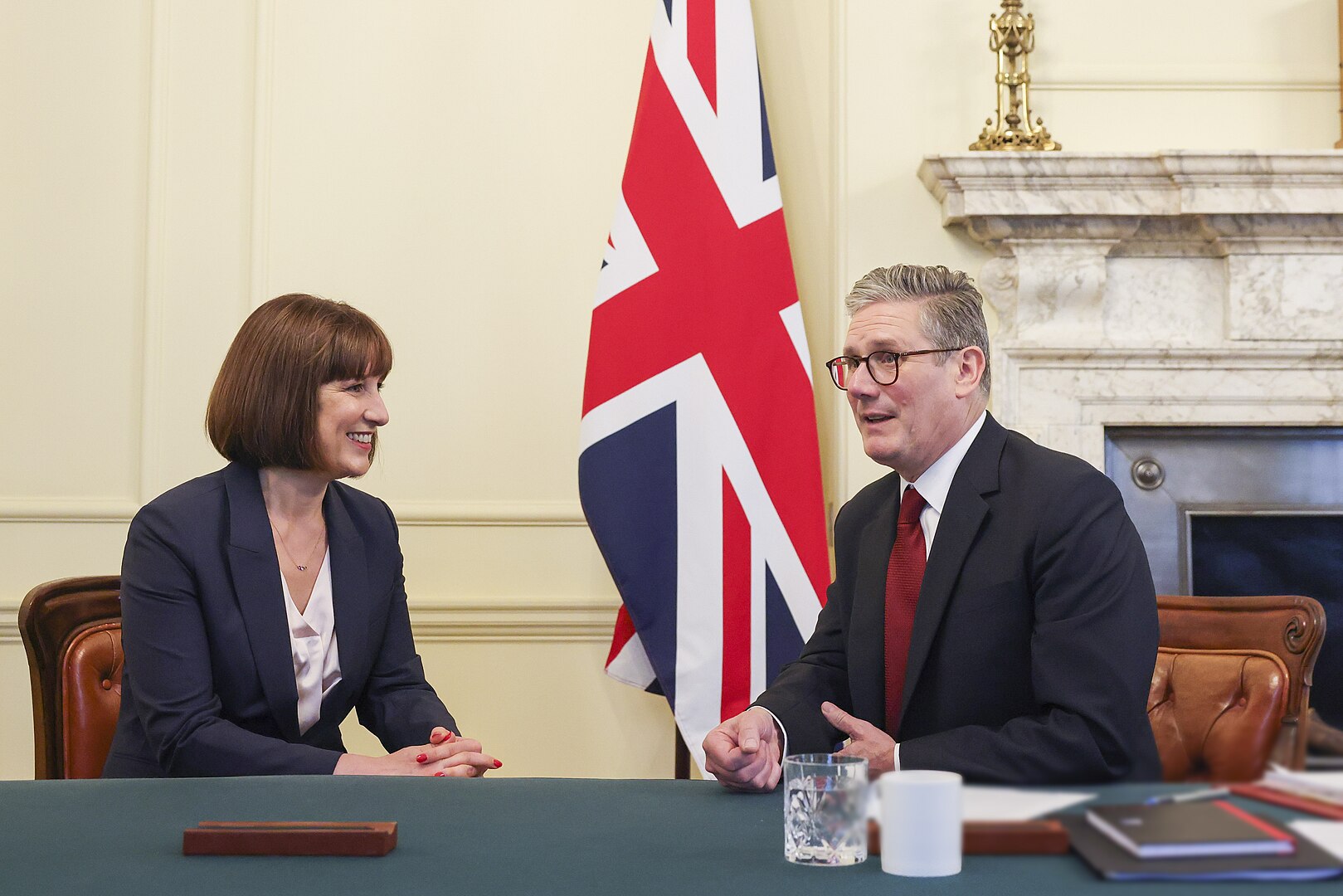 BBC News
BBC NewsBorrowing was £17.4bn last month, the second highest October figure since monthly records began in 1993.

Finito World
The latest Budget has been delivered against a backdrop of economic stagnation and public disillusionment. From an employability standpoint, it marks not a bold reset for Britain’s workforce but a troubling continuation of a long-standing trend: workers are being asked to carry more of the burden without a clear vision for their future.
The headline is stark. According to the Institute for Fiscal Studies (IFS), households face a “truly dismal” rise in disposable income—just 0.5% a year over the next five years. Compare that with the 2% annual gains seen between the mid-1980s and mid-2000s and the scale of the stagnation becomes clear. For young people entering the workforce today, this is the new normal: more tax, less take-home pay, and little upward mobility.
This Budget was pitched as “big taxing, big spending” and, on some fronts, there are gestures in that direction. The scrapping of the two-child cap on Universal Credit will help lower-income working families. The rise in the National Living Wage to £12.71 will provide a bump to those at the bottom of the pay scale. And freezing regulated train fares could help commuters, particularly those outside London.
But zoom in on the implications for employability and ambition, and the picture is much less generous.
Most obviously, the decision to freeze income tax thresholds until 2031—a full three years beyond what was previously planned—is effectively a stealth tax. It ensures that as wages rise, more people will be dragged into higher tax bands. The Office for Budget Responsibility estimates that this will pull 700,000 more people into paying tax, and one million into higher tax brackets. In effect, we are disincentivising career progression and aspiration just when we should be encouraging both.
Worse still, the Budget contained little by way of a coherent skills or employment strategy. There was no major investment in training, no national lifelong learning programme, no vision for how British workers will thrive in an age of AI and automation. In a week when Elon Musk declared that work could become “optional” within 20 years, the UK government made no effort to sketch out what jobs might look like five years from now, let alone two decades hence.
We are, in short, taxing the present without investing in the future.
For younger workers, this raises existential questions. Where is the roadmap for building meaningful, long-term careers in a low-growth economy? Where is the support for freelance or portfolio workers? While many are seeking flexibility and autonomy, this Budget seemed stuck in a 20th-century industrial mindset, treating employment as a static endpoint rather than a dynamic journey.
Moreover, the freeze in thresholds will hit middle-income workers hardest—people who are earning more but not necessarily living comfortably. These are the teachers, mid-level managers, skilled tradespeople, and tech workers who are now facing an erosion of disposable income even as inflation and housing costs remain stubbornly high. In many cases, they are the same workers trying to upskill, support families, and contribute to productivity growth.
The budget’s silence on remote work infrastructure, green jobs, digital skills, or education reform was especially deafening. It offered no fresh thinking on how we integrate older workers back into the workforce or how we prepare school-leavers for jobs that don’t yet exist. Without investment in reskilling and workforce adaptability, the UK risks falling further behind in global competitiveness.
Meanwhile, electric vehicle drivers will face new per-mile taxes from 2028, and salary sacrifice pension benefits are being capped. These decisions may help fill Treasury coffers but feel disconnected from the broader aim of incentivising sustainable career and financial planning.
So where does that leave us?
This was a Budget shaped more by fiscal necessity than ambition. But the consequences are real. A tax system that punishes pay rises, coupled with anaemic disposable income growth, creates a disillusioned workforce. A young generation that already feels the odds are stacked against them now sees even fewer incentives to strive.
If the government wants to improve employability in any meaningful way, it must begin by recognising the realities of the modern job market. That means investing in education, enabling flexibility, supporting transitions, and aligning tax policy with career progression—not punishing it.
Work in Britain is still essential, still noble, still capable of offering purpose and progression. But the Budget made it harder to believe in that promise. And that may be the biggest cost of all.